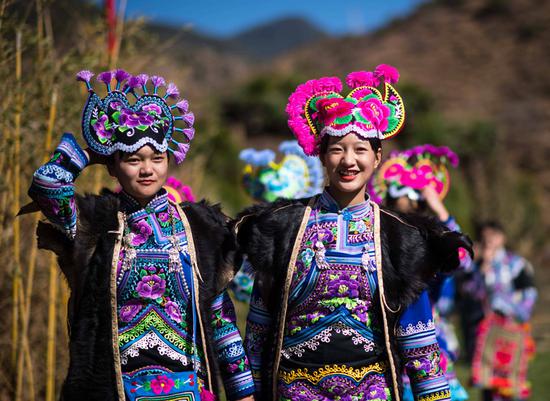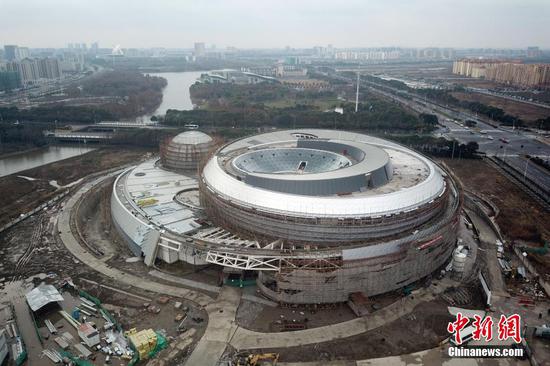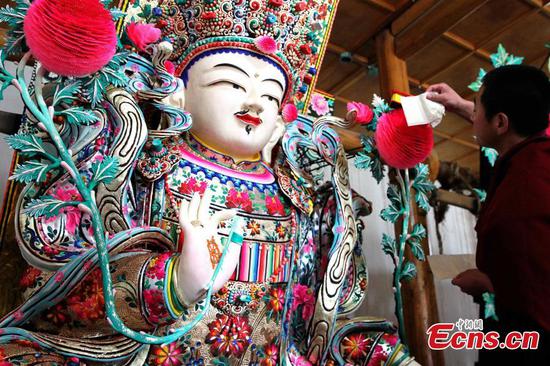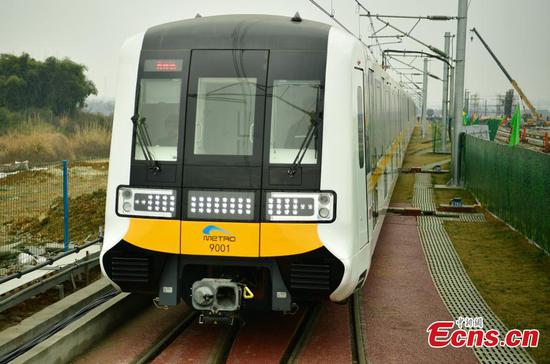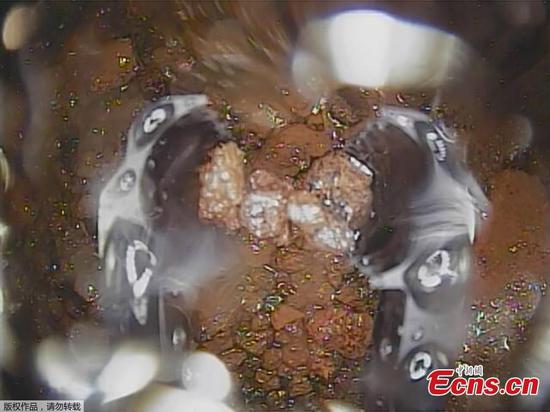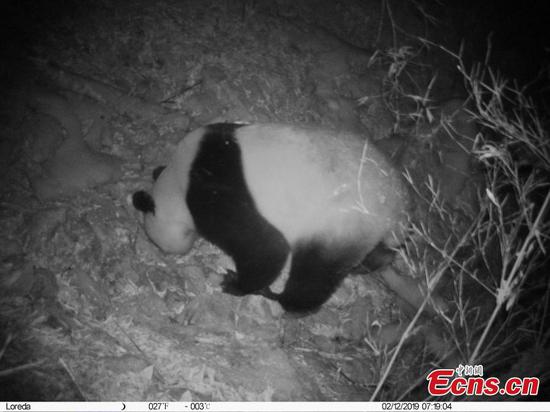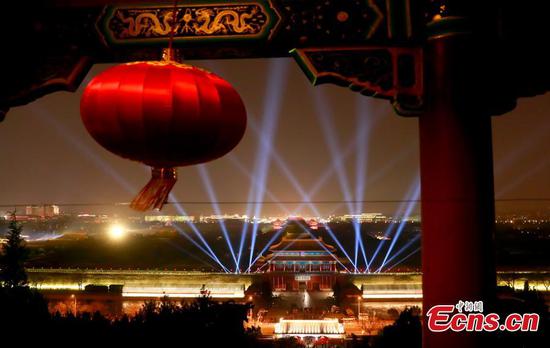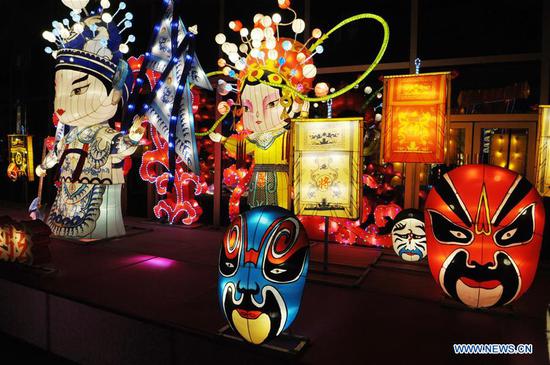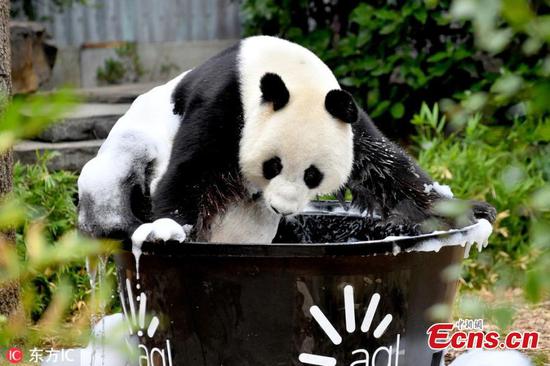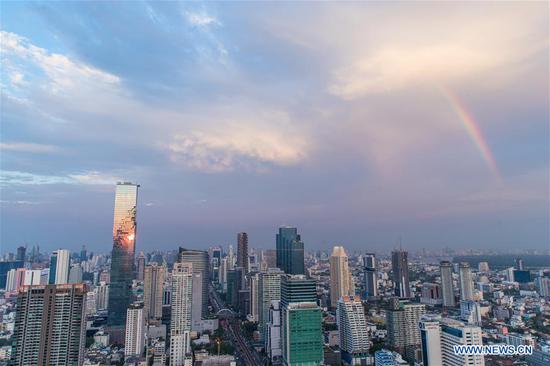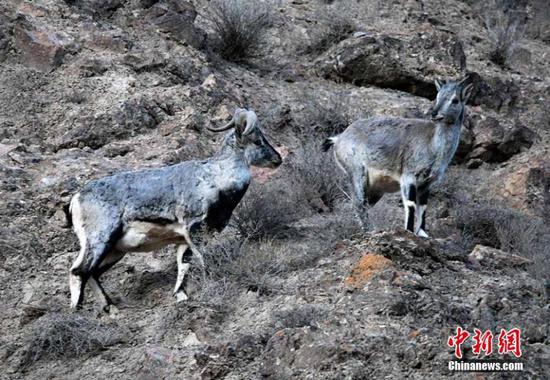
Workers harvest black fungus in Yichun, Heilongjiang province. (Photo: China Daily)
Yichun native Liu Yangshun is one of the more than 70,000 veteran forestry workers laid off in 2013 when his hometown in Heilongjiang province, known as the forest capital of China, decided to go for "green development" and banned any form of commercial logging.
Six years later, Liu is more than happy with his life.
"My family earned more than 120,000 yuan ($17,800) last year, which we would not have imagined years ago," said Liu, who now runs a restaurant specializing in rustic flavors, such as wild fungus and free-range chickens raised in the forests.
Liu is not alone in seeing big improvements both in life and work since 2016, after President Xi Jinping stressed the importance of developing a green local economy.
Joining the group discussion with deputies from Heilongjiang in March 2016 during the annual session of the National People's Congress, Xi called for more efforts toward environmentally friendly development in the area.
In his trip to the province two months later, Xi encouraged local residents to create sustainable businesses based on the protection and conservation of natural resources.
Last year in Yichun, a city with 4 million hectares of forest that was once best-known for its lumber trade, green industries were responsible for about half its GDP. The industries ranged from ecotourism and organic food to medicinal materials and wood art, according to a government report.
Tourism, in particular, has enjoyed soaring growth, reaching 14 billion yuan last year, more than five times the 2010 level.
Overwhelmed by tourists who flock to the city from around the country, especially for summer retreats in its dense forests, the small city that used to rely heavily on commercial logging for economic growth has now accomplished a smooth transition to green development.
In Liu's case, his mom-and-pop business recently added one more staff member-Liu's son, who used to work at construction sites in bigger cities far from home.
Forest coverage in Yichun rose to 84.4 percent last year, up from 78.4 percent in 2000.
Located in the northeastern part of the province, near Russia, Yichun has served as a prototype for Heilongjiang's shift to a more environmentally friendly and sustainable economic model over the past few years.
Home to China's largest border river and wetland group, as well as forests, Heilongjiang supplied more than one-fifth of the country's wood used in construction since the founding of the People's Republic of China in 1949-515 million cubic meters.
Han Ku, mayor of Yichun, noted that there are now more than 260 centers built for the planting and breeding of agricultural products, such as blueberries, black fungus, free-range chickens and pigs.
Beyond that, the city has also designed industrial zones to incubate small and medium-sized enterprises that specialize in processing these agricultural products. One enterprise has managed to extract anthocyanin-a substance with antioxidant effects-from blueberries.
Looking ahead, the local government not only plans to put more effort into building an ecological civilization but stands out as a national pilot zone for the concept.









